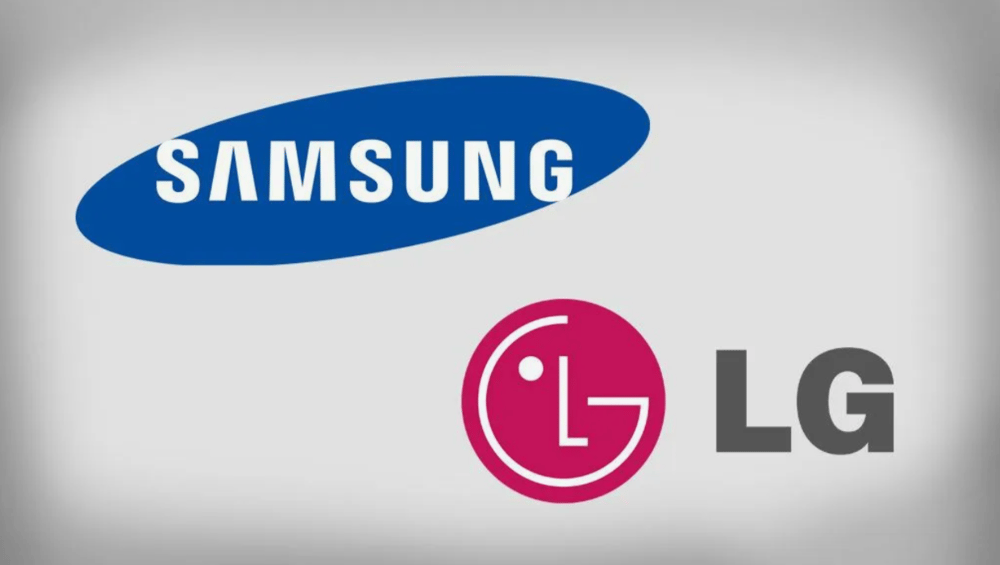LG and Samsung File Legal Action Against Indian Government Over E-Waste Policy

South Korean tech giants LG $066570.KS and Samsung $005930.KS have taken a significant legal step by filing lawsuits against the Indian government, seeking to overturn a policy that increases payouts to electronic waste recyclers. This move, documented in court filings, highlights the escalating tension between multinational corporations and the Indian government regarding environmental regulations affecting their business operations.
Overview of the Legal Challenge
The lawsuits filed by LG and Samsung are part of a broader contention surrounding India’s environmental policies, particularly those related to e-waste management. Key elements of the case include:
Policy Implications: The contested policy modifies the financial framework for companies working with electronic waste, raising concerns among manufacturers about increased costs and operational burdens.
Collective Action: LG and Samsung are joining forces with other major corporations that are also challenging India’s environmental regulations as they seek to protect their business interests in one of the world's fastest-growing economies.
Key Details of the Lawsuits
Scheduled Court Hearing:
The lawsuits are set to be heard on Tuesday, coinciding with other legal challenges being raised against the Indian government's stance on waste disposal practices.
Business Impact:
Companies assert that the increased financial obligations to recyclers would hinder their operations, ultimately affecting their competitive edge in the market.

Implications for the Tech Industry and E-Waste Regulations
The legal actions taken by LG and Samsung signify important trends and potential implications for the broader tech industry:
Corporate Resistance:
The pushback from these corporations against environmental regulations indicates a significant resistance to stringent policies that they perceive as financially detrimental.
Energy of Waste Management Standards:
The outcome of these lawsuits could set a precedent regarding how e-waste is managed in India, influencing both domestic and international companies operating within the country’s borders.
Future Considerations
Potential Modifications to Policy:
Should the court side with the companies, there may be subsequent revisions to the proposed e-waste management policies that could affect recycling practices in India.
International Reactions:
Such legal disputes may prompt other foreign firms to reassess their operational strategies within India, especially in light of increasing environmental regulations.
Conclusion
The legal actions taken by LG and Samsung against the Indian government underscore the challenges facing multinational corporations in navigating stringent environmental policies. As the tech industry grapples with the complexities of e-waste management, the outcomes of these lawsuits could have far-reaching implications, not only for the involved parties but also for the future of electronic waste policies in India. The court rulings may redefine the balance between environmental responsibility and business viability in one of the world’s key markets.


Moves like this may set new benchmarks for the tech industry’s evolution